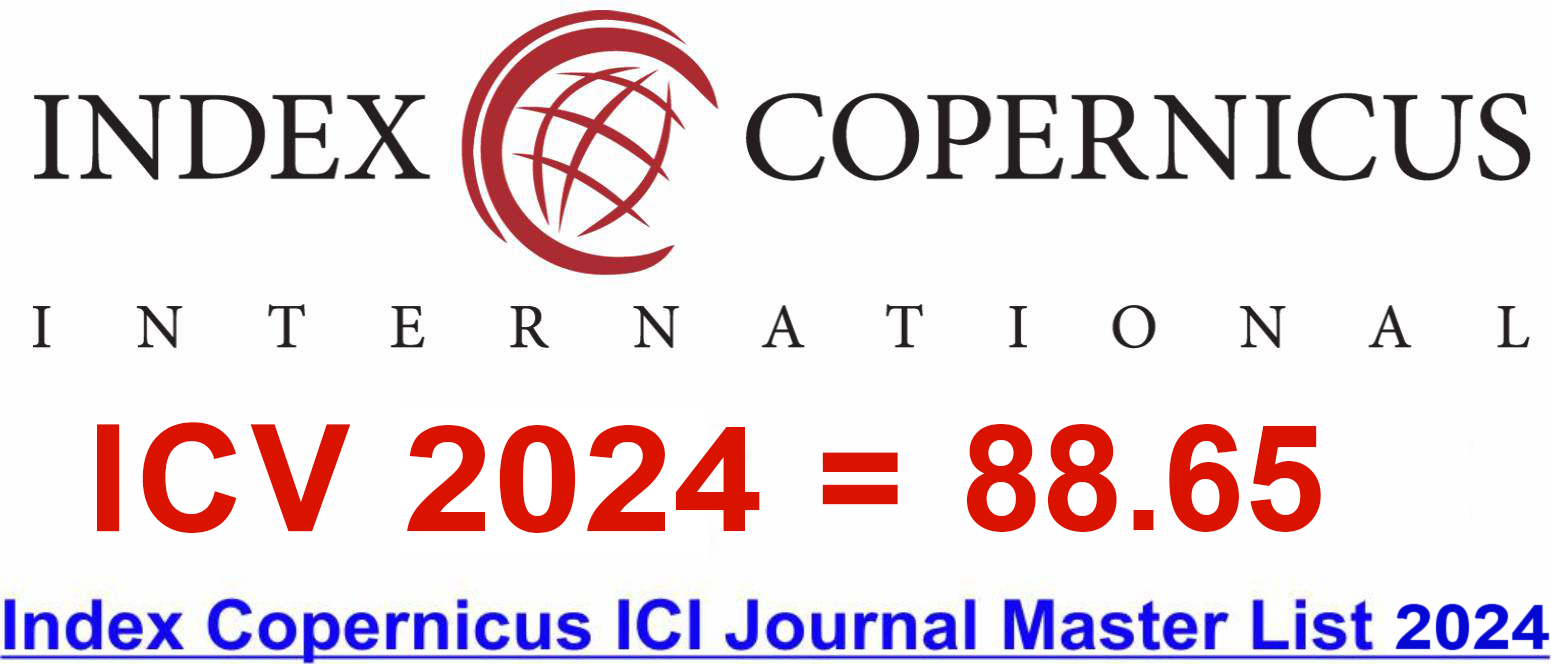Abstract
This study investigates the key factors influencing investment intentions among early career professionals in Dakshina Kannada, focusing on attitudes, subjective norms, perceived behavioural control (PBC), self-efficacy, and investment intention. A quantitative survey method was adopted involving 220 participants selected through stratified random sampling across five talukas: Mangaluru, Puttur, Moodabidre, Sullia, and Mulki. The data collected via both offline and Google Forms included variables related to investment behaviour and demographics. Descriptive statistics were used to summarise participants’ profiles, and Smart PLS was employed to test the proposed hypotheses and explore variable relationships, including the mediating role of self-efficacy. The findings reveal that attitudes, subjective norms, and PBC significantly influence investment intentions. Moreover, self-efficacy partially mediates the link between PBC and investment intentions, highlighting the importance of confidence in managing financial decisions. This study underscores the value of financial literacy and personal beliefs in investment capabilities as drivers of investment behaviour. The practical implications suggest that financial education programs should aim to build both knowledge and confidence. Additionally, leveraging social influence and improving access to investment resources can enhance investment engagement. This study offers valuable insights for educators, policymakers, and financial institutions aiming to foster investment among young professionals.
References
- Wilk A. Career Capital as a Factor Contributing to Success on the Labor Market–A Case Study of a Selected Professional Group. Acta Scientiarum Polonorum Administratio Locorum. 2023;22(3):433-46. https://doi.org/10.31648/aspal.8725
- Raghubansha SD, Thapa BS, Pathak DD. Untangling the dynamics of socially responsible investing in Nepal: The role of behavioral intentions and financial performance. Journal of Business and Management. 2024;8(2):165-81. https://doi.org/10.3126/jbm.v8i2.76158
- Forbrig D. What Keeps them Interested? Influences on the Stability of Research Career Intentions in the Course of Academic Qualification. International Journal of Doctoral Studies. 2020 Jan 1;15(1). https://doi.org/10.28945/4537
- Basu S, Santra S, Bhatnagar N, Laul A. Outpatient antibiotic prescribing behavior and their psychosocial predictors among early-career clinicians in Delhi, India. International Journal of Academic Medicine. 2022 Jan 1;8(1):11-5. https://doi.org/10.4103/IJAM.IJAM_156_20
- Madanu BS, Nagaraj KV. Investment Awareness and Behavioral Perception towards Selection of Investment Avenues among Teaching Professionals in Andhra Pradesh State. Journal of Business Management. 2024 Dec 29;2(2):58-64. https://doi.org/10.47134/jobm.v2i2.24
- Magdalena FC, Amelinda R, Anwar RM, Oktavini E. Peran Financial Self-Efficacy Pada Kualitas Pembelajaran Akuntansi Dan Keuangan Terhadap Keputusan Investasi. Jurnal Ekonomi. 2023 Nov 29;28(3):367-86. https://doi.org/10.24912/je.v28i3.1820
- Iraola-Real I, Vasquez C, Diaz-Leon I, Iraola-Arroyo A. Self-Efficacy and Digital Anxiety and their Influence on Virtual Educational Performance: A Diagnostic Study in a Sample of Students from a Private University in Lima--Peru. International Journal of Emerging Technologies in Learning. 2023 May 1;18(9). https://doi.org/10.3991/ijet.v18i09.36183
- Tomczak MT, Ziemiański P, Gawrycka M. Do the young employees perceive themselves as digitally competent and does it matter?. Central European Management Journal. 2023 Nov 9;31(4):522-34. https://doi.org/10.1108/cemj-04-2022-0226
- Munawaroh SE., Ak., MM., CA., CSRS. M, Liviana Y. FAKTOR-FAKTOR YANG MEMENGARUHI MINAT GENERASI MILENIAL MEMILIH BERINVESTASI PADA PLATFORM DIGITAL. Jurnal Akuntansi dan Bisnis Krisnadwipayana. 2022 Jul 31;9(2):733. https://doi.org/10.35137/jabk.v9i2.695
- Hassan NC, Abdul-Rahman A, Hamid SN, Amin SI. THE INFLUENCE OF FINTECH SELF-EFFICACY AND ATTITUDE ON INVESTMENT DECISIONS OF MUSLIM INVESTORS IN MALAYSIA. I-iECONS e-proceedings. 2023 Aug 14:232-55. https://doi.org/10.33102/iiecons.v10i1.81
- Khan SU, Shah SI, Shafiq M. Effect of Financial Literacy and Financial Self‐Efficacy on Individuals' Investment Intention: The Mediating Role of Risk‐Taking Behavior. Global Economics Review, VIII. 2023:42-55. https://doi.org/10.31703/ger.2023(viii-iii).04
- Baihui Z, Bahador KM, Saat RM. Extending the theory of planned behavior to identify students’ investment intentions in internet money market funds. Edelweiss Applied Science and Technology. 2024;8(6):1201-18. https://doi.org/10.55214/25768484.v8i6.2224
- Dr. Raghavendra, Shruthi N. Factors Influencing Behavioural Intention to Use DigiLocker Among Users in Mangaluru City: An Extended Technology Acceptance Model Approach. International Journal of Case Studies in Business, IT and Education (IJCSBE) [Internet]. 2025 [cited 2025 Jun 7];9(1). https://doi.org/10.5281/zenodo.14854760
- Elsayed AM, Aneis NN. Goodness of fit indices for different cases. Am. J. Math. Comput. Model. 2021;6(75):10-1648. https://doi.org/10.11648/j.ajmcm.20210604.12
- Raghavendra, Aparna K. Factors Influencing Unified Payments Interface Adoption Among Hawkers in Mangaluru: An Extended Technology Acceptance Model Approach. Asian Journal of Managerial Science. 2024 Oct 15;13(2):45–51. https://doi.org/10.70112/ajms-2024.13.2.4250
- Raghavendra, Suvarni, Deeksha. Factors Influencing Teachers’ Use of Digital Learning Resources in Dakshina Kannada, India: A UTAUT2 Analysis. Zenodo [Internet]. 2025 May 10 [cited 2025 Jun 7];10(1). https://doi.org/10.5281/zenodo.15378850
- Sobaih AE, Elshaer IA. Risk-taking, financial knowledge, and risky investment intention: expanding theory of planned behavior using a moderating-mediating model. Mathematics. 2023 Jan 14;11(2):453. https://doi.org/10.3390/math11020453
- Bland E, Changchit C, Cutshall R, Pham L. Behavioral and Psychological Determinants of Cryptocurrency Investment: Expanding UTAUT with Perceived Enjoyment and Risk Factors. Journal of Risk and Financial Management. 2024 Oct 2;17(10):447. https://doi.org/10.3390/jrfm17100447
- Yeo KH, Lim WM, Yii KJ. Financial planning behaviour: a systematic literature review and new theory development. Journal of Financial Services Marketing. 2024 Sep;29(3):979-1001. https://doi.org/10.1057/s41264-023-00249-1
- Sadanand VK, Anjum Fathima. Volatility of Bank Stocks in India during Covid-19. International Journal of Advances in Business and Management Research [Internet]. 2024 Mar. 12 [cited 2025 Jun. 7];1(3):33-44. https://doi.org/10.62674/ijabmr.2024.v1i03.004
- Shuchen Z. Government Expenditure on Economic Growth: Empirical Evidence from Ghana. International Journal of Advances in Business and Management Research [Internet]. 2024 Jun. 12 [cited 2025 Jun. 7];1(4):27-41. https://doi.org/10.62674/ijabmr.2024.v1i04.004















